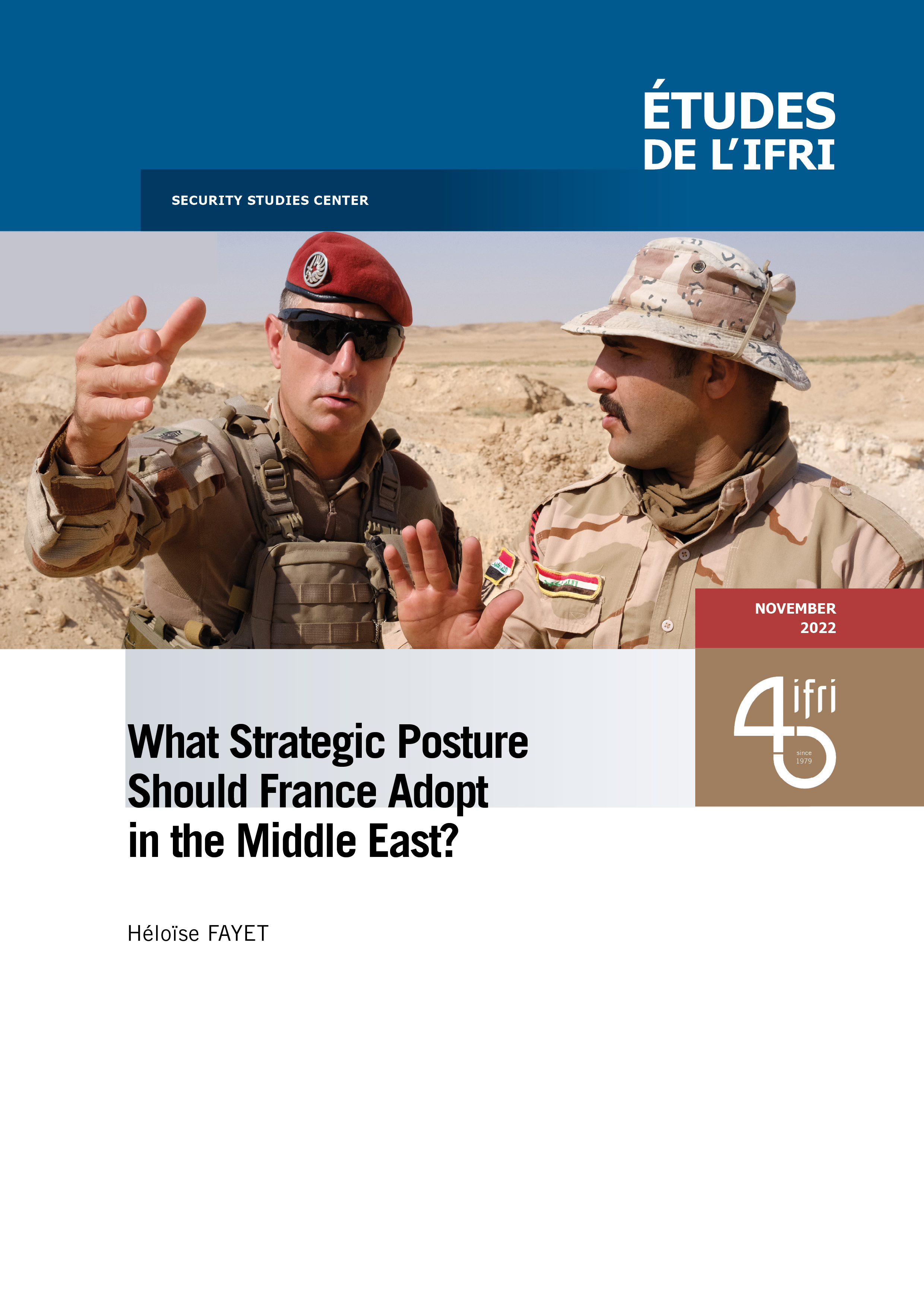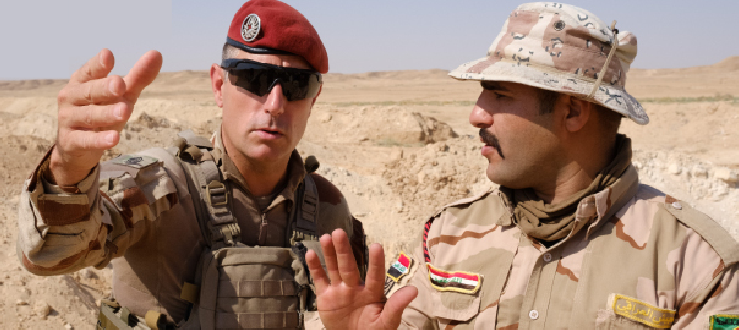What Strategic Posture Should France Adopt in the Middle East?

France has a historical presence in the Middle East, where it has many interests to defend: the fight against terrorism, the promotion of the arms industry, the dissemination of humanitarian values, etc. To this end, it has a number of resources at its disposal, notably military: French forces are deployed in Iraq, Syria and Jordan as part of Operation Chammal, in Lebanon for the United Nations Interim Force in Lebanon (UNIFIL), and in the United Arab Emirates.

This strategic posture, inherited from the history and "Arab policy" of the 20th century, is now being called into question by the geopolitical upheavals in the region. The resizing of the American presence in the Middle East, initiated by the withdrawal from Afghanistan, is accompanied by a growing assumption of responsibility for their own security by local actors. This evolution is embodied, for example, in the signing of the Abraham Accords, which redefine the place of Israel. The American pulling out also allows extra-regional powers such as China and Russia to become progressively involved in the area.
These transformations require an adaptation of the French posture in order to position itself as a credible actor in the strategic competition. It is therefore necessary to move away from the sole focus on counterterrorism, which no longer gathers partners, and more broadly to redefine the partnership strategy and the mechanism deployed on the ground. A strengthened interministerial, or even European, dynamic also seems essential in order to mobilize all the levers available to France.
> This publication is also available in French: Quelle posture stratégique pour la France au Moyen-Orient ?
Download the full analysis
This page contains only a summary of our work. If you would like to have access to all the information from our research on the subject, you can download the full version in PDF format.
What Strategic Posture Should France Adopt in the Middle East?
Related centers and programs
Discover our other research centers and programsFind out more
Discover all our analysesThe Franco-German Brigade and the Revival of European Defense
One thing has been clear since Donald Trump's return to the White House: the very existence of the European unification project is threatened. Unless it develops a sovereign defense policy to counter the war in Ukraine and the weakening of American security guarantees, the European Union will continue to see its internal cohesion and external attractiveness wane.
Taking the Pulse: Can Europeans Build Their Independent Extended Nuclear Deterrent?
Confronted with a U.S. disengagement and the Russian threat, Europeans are reconsidering their stance on nuclear deterrence. Given the capabilities of the French and British arsenals, can Europe develop an independent nuclear deterrent?

RAMSES 2024. A World to Be Remade
For its 42nd edition, RAMSES 2024 identifies three major challenges for 2024.
A Transatlantic Defense Industrial Base? Two Contrasting Views
The evolving landscape of global defense cooperation has brought the transatlantic relationship between the United States (US) and Europe into sharp focus. As geopolitical tensions rise and the threat environment becomes more complex, the question of how Europe can best ensure its security while navigating its relationship with the United States has become paramount. This double feature report offers two contrasting views on the dynamics of US-Europe defense industrial relations, highlighting the challenges and opportunities that lie ahead for both parties.











